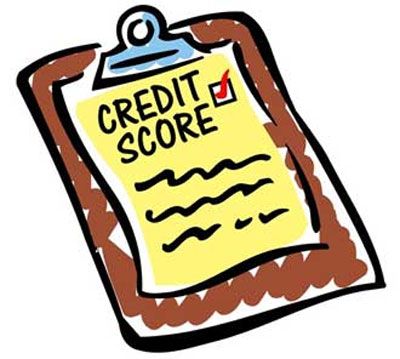If variation is over 50 points, write to the bank and bureau immediately to correct the discrepancy
 With four credit information bureaus functioning in the country, there are chances that you may end up getting different scores from them. Depending on the service that the lender is using, it can hamper your chance of getting a loan.
With four credit information bureaus functioning in the country, there are chances that you may end up getting different scores from them. Depending on the service that the lender is using, it can hamper your chance of getting a loan.
Gaurav Wadhwani, co-founder of credit advisory services company Credit Sudhaar, was surprised to see that one credit bureau gave him a score of 800 while another one calculated it at 530. “Out of 100 clients that we get, around 20 of them face similar problems,” he says.
However, the difference is not on account of credit bureaus looking at the data differently. “While each bureau has its own way of looking at the data, the score doesn’t vary widely,” says Kalpana Pandey, CEO and managing director of CRIF High Mark Credit Information Services.
A bureau typically looks at five different parameters to arrive at a credit score - payment history, total credit, length of credit history, new credit and demographics. But, each may give different weightage to these parameters, resulting in a small variation of 5-10 per cent.
If the variation is higher, it can be because of credit errors that may occur due to account-related problems (late payment, credit card or loan doesn’t belong to you, a closed account listed as unclosed, etc) or because of personal information errors (wrong name, incorrect account address, or inaccurate employer information, etc), says Mohan Jayaraman, managing director of Experian Credit Bureau, India.
Banks, too, have realised that discrepancies may occur and that’s why many are now looking at reports from two credit bureaus. If a person’s loan is rejected due to low credit score, banks would tell the customer that they cannot process the application because his credit bureau report doesn’t meet the laid down criteria. The lender, however, might not reveal the name of the credit bureau it uses.
In such a case, experts say the person can download reports from the four agencies and compare the score. Individuals should make use of the recent Reserve Bank of India’s directive that has mandated all credit bureaus to give one free report to consumers every year. If the score varies more than 50 points, go through each credit card and loan data the bureaus have captured.
“The variation in score also happens because one credit bureau may have more information on the individual’s credit history than others,” says Ranjit Punja, CEO and co-founder, CreditMantri.
Cibil, for example, was founded in 2000. So, there are chances that a person’s Cibil report has older data compared to other credit bureaus, which were established between 2006 and 2010. Capturing of old data can impact credit score both ways – the score can be higher as you have a longer track record of repayment or it can be lower if there has been a default many years ago.
“The individual will need to sort out the discrepancy on his own as a lender or card issuer will not consider other credit bureau reports except for the one that it follows,” says Wadhwani.
In case of discrepancies in the credit report or a situation where a consumer’s identity has been stolen, they should intimate the bank immediately and report the same to the credit bureau. “Every credit bureau provides consumers with the option of resolving disputes in their credit report. However, any change to the credit report can be done only after concurrence from the bank,” says Jayaraman.
“They should request the changes along with the relevant supporting documents. The bureau will work with the bank to work on the request and get the relevant information corrected,” he adds. According to the Credit Information Companies (Regulation) Act 2005, the process of updating of the credit information should be done within 30 days after receiving the request.
Illustration: Uttam Ghosh/Reuters







